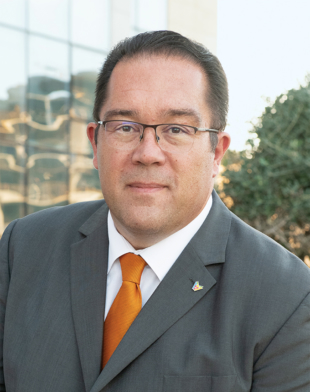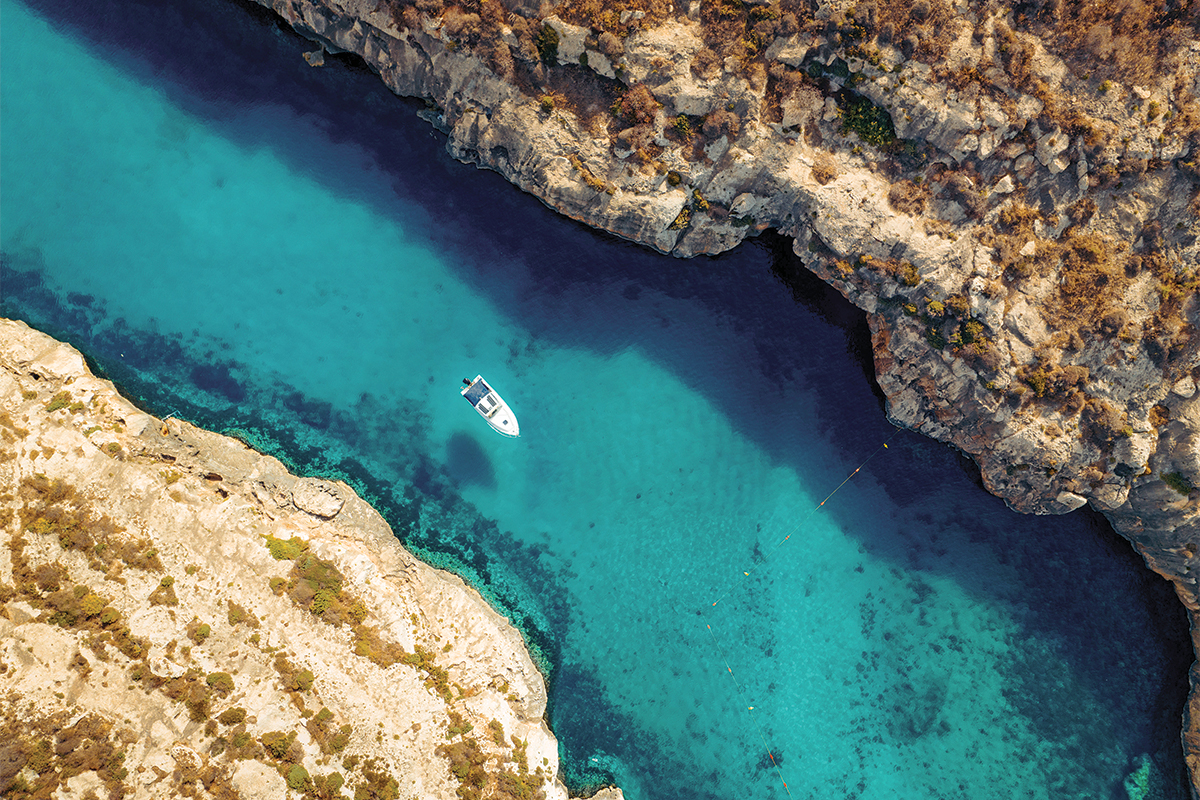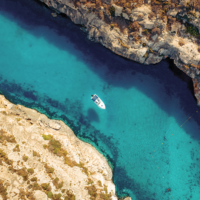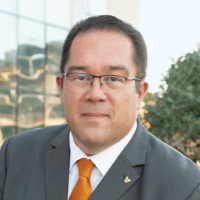Blessed with incredible cultural and historical sites, as well as a year-round sunny climate and sun-kissed sands lapped by warm waters, Malta’s travel and tourism sector is a core component of the economy, generating over €2 billion and comprising an impressive 15% of gross domestic product prior to the pandemic.
Such is the country’s popularity, tourist numbers for 2022 reached a record 2.33 million, according to data compiled by the Ministry for Tourism. “The significance of these sterling results is attributed to the fact that while at European level there was a 79% recovery when compared to the last year before the pandemic, Malta’s recovery surpassed the continent’s average, reaching 84%,” said a delighted Minister for Tourism Clayton Bartolo.
“Significantly, these results stem from the efforts to recover and grow Malta’s connectivity to pre-pandemic levels where air seat capacity in 2022 has exceeded that of 2019 for 12 source markets and was similar for another 10 source markets. Last year, tourists traveled to destinations closer to home. More good news is on the way,” he said, before adding a note of caution.
“This trend is expected to remain in 2023 as tourists are expected to increasingly seek value for money in response to the challenging economic world environment. Despite the recent, relatively short successful recovery we cannot sing victory yet. Henceforth, the direction will be shifted towards a more sustainable tourism activity which equates enhanced visitor satisfaction and host population derived benefits within the delivery of an improved quality experience at all levels of the value chain. Sustainability is a necessity, not a choice.”
Given the impressive rebound in arrival numbers, Malta has done a great job putting itself on the map as a tourist destination, particularly in the last decade. That said, it is not resting on its laurels and is investing substantial sums in tourism infrastructure to enhance visitor experience, including heavy investment in the Gozo Airfield to boost connectivity and access.
Flight connectivity crucial to success

“The key element to attracting tourism to the Maltese islands is flight connectivity,” said Carlo Micallef, CEO of the Malta Tourism Authority. “We’re an island in the middle of the Mediterranean at the southernmost part of Europe. We cannot build bridges, fast railway tracks or roads like mainland Europe can to boost tourism in their country. We need air connectivity, and that is the best investment we can achieve: better connectivity to the Maltese islands, from different airports across Europe and beyond, to get them to fly to Malta.”
According to the MTA chief, the huge wave of investment in the accommodation and hospitality sector that is now underway will enable Malta to host as many as 5 million visitors per year, through a combination of hotels, resorts, guest houses and apartments, among other accommodations.
“What we’re telling the industry is not to build just a hotel, but to build a hotel with ancillary facilities that give it a unique proposition to attract new tourism,” Micallef explained. “It could be sports facilities; it could be some particular attractions, some flower gardens, butterfly gardens: something which makes it unique. The attraction in itself will not make the money, but it will give an edge to the property.”
Besides tourism, the Maltese government is implementing other initiatives and projects as it looks to play its part in the battle against climate change. Malta has joined the EU in cutting down on carbon emissions, with an ambitious national reduction goal of 40% by 2030 compared with 1990 levels.
Minister for Finance and Employment Clyde Caruana highlighted how Malta’s marine resources invite it to generate energy from renewable resources. “Wind energy has evolved significantly,” he said. “A sizeable part of our electricity should come from wind. We have received applications from serious companies about solar energy and floating solar energy.”
In traditional energy fields, Enemed is responsible for the import, distribution and wholesaling of petroleum products for the inland market, including the aviation sector. It also offers its storage facilities to third parties. Founded less than a decade ago, the company inaugurated a €70 million storage facility recently and an aviation fuel storage station at Malta International Airport in 2021. The firm is open to collaboration with entities who share its drive and ambition.
“We do partner in terms of knowledge transfer; companies learn from us and we learn from them,” said Enemed CEO Kevin Chircop. “We’re a small company, relatively speaking. But still, we do hold a very good relationship with corporations, and try to copy, if possible, perhaps not in its entirety, what they are doing and improve on that. To a certain extent, this is a little bit similar to the Japanese mentality and philosophy. We don’t really need to reinvent the wheel, just make it better.”
Five-star spirit of caring
Led by its visionary chairman Alfred Pisani, Corinthia Group is the benchmark for Maltese and international hospitality. Having opened the 5-star Corinthia Palace Hotel in 1968, the group and its parent — International Hotel Investments — have gone on to own, develop, operate and manage an ever-growing portfolio of acclaimed luxury hotels in Malta and landmark destinations worldwide. What distinguishes Corinthia from the rest are the values the group is built on, known as the “Spirit of Corinthia.”
“My philosophy is quality in everything we do. For example, when renovating historic buildings, we retain their character and infuse them with the atmosphere of their city or town. The ‘Spirit of Corinthia’ is a unique combination of beautiful properties, excellent service and a caring attitude. When you enter our hotels, you feel the combined positive energies of the people working there. By maintaining that spirit, we will continue to flourish and expand,” Pisani said.
FinanceMalta sets industry benchmark
As the financial services industry has grown into one of Malta’s most important economic drivers, so has the importance of transparency and fair and effective legal, regulatory and fiscal frameworks. Now in its 16th year, FinanceMalta is a dynamic and respected nonprofit public-private initiative tasked with promoting Malta as an international business and financial center and the ideal home for fintech firms and investors.
FinanceMalta brings together and harnesses the resources of the industry and government to ensure the industry can flourish. “We always think of ourselves as nimble and very easy to influence changes and innovative legislation,” said George Vella, chairman of FinanceMalta.
“We have an exceptionally strong team of practitioners aligned with global best practices and international audit and law firms. We uphold very high standards of ethics, morality, and good conduct.”
https://info.japantimes.co.jp/international-reports/pdf/20230320-GI-Malta.pdf
www.global-insight.net





